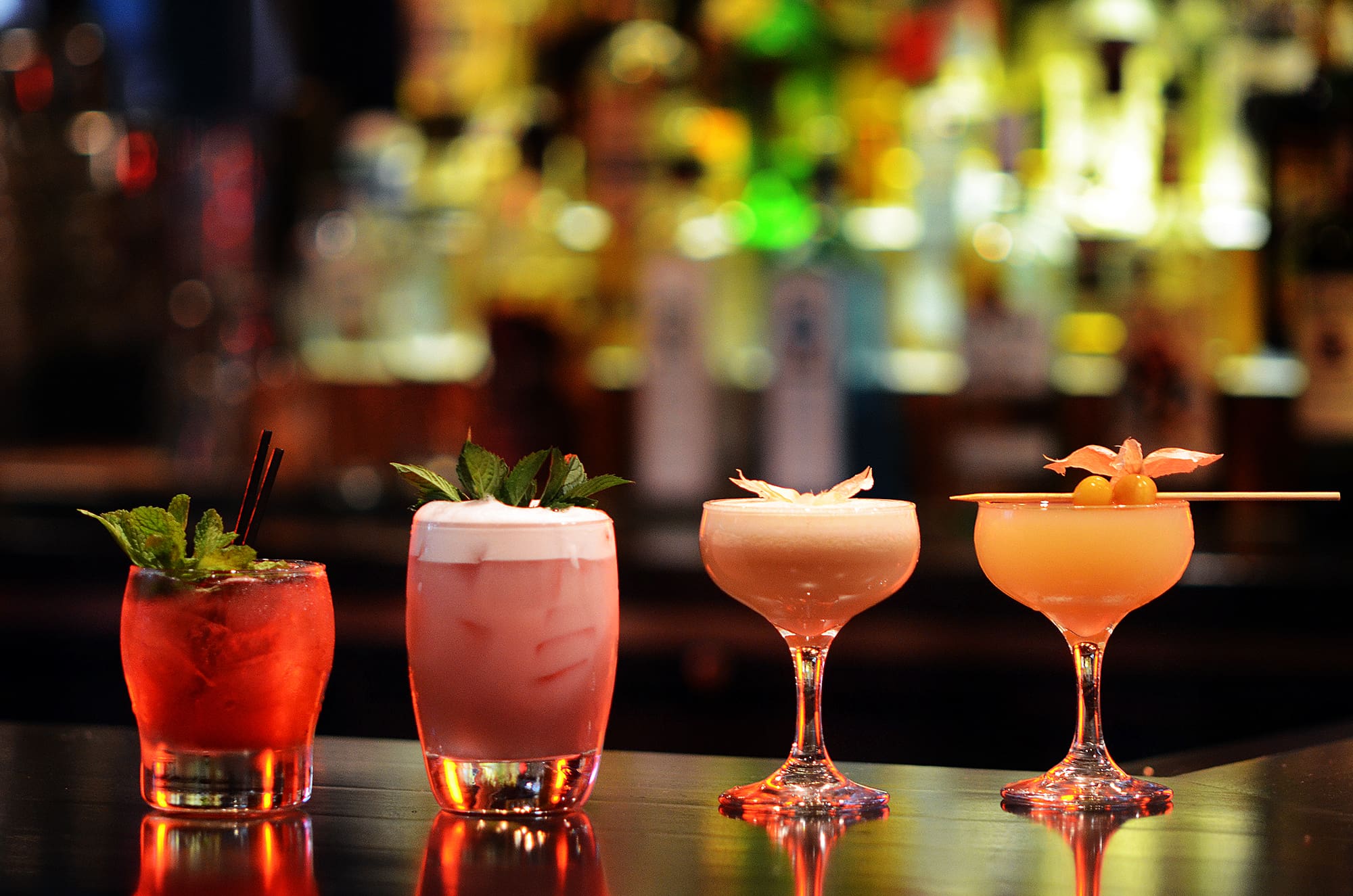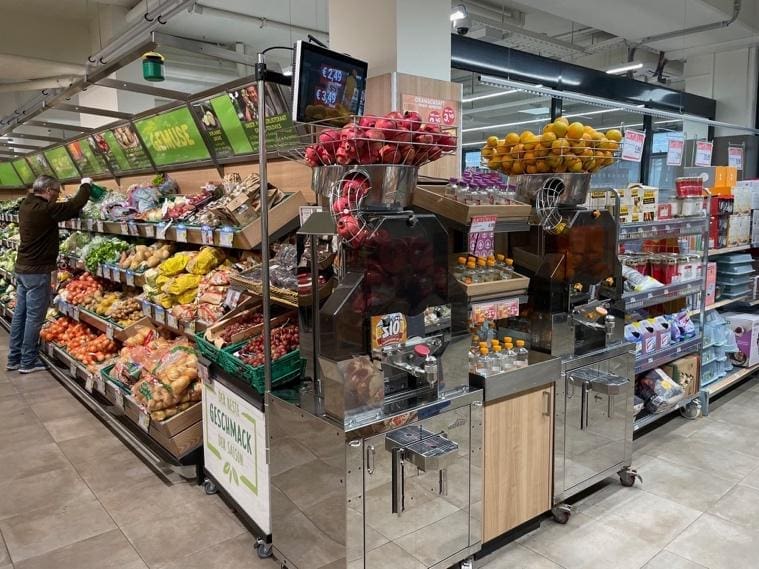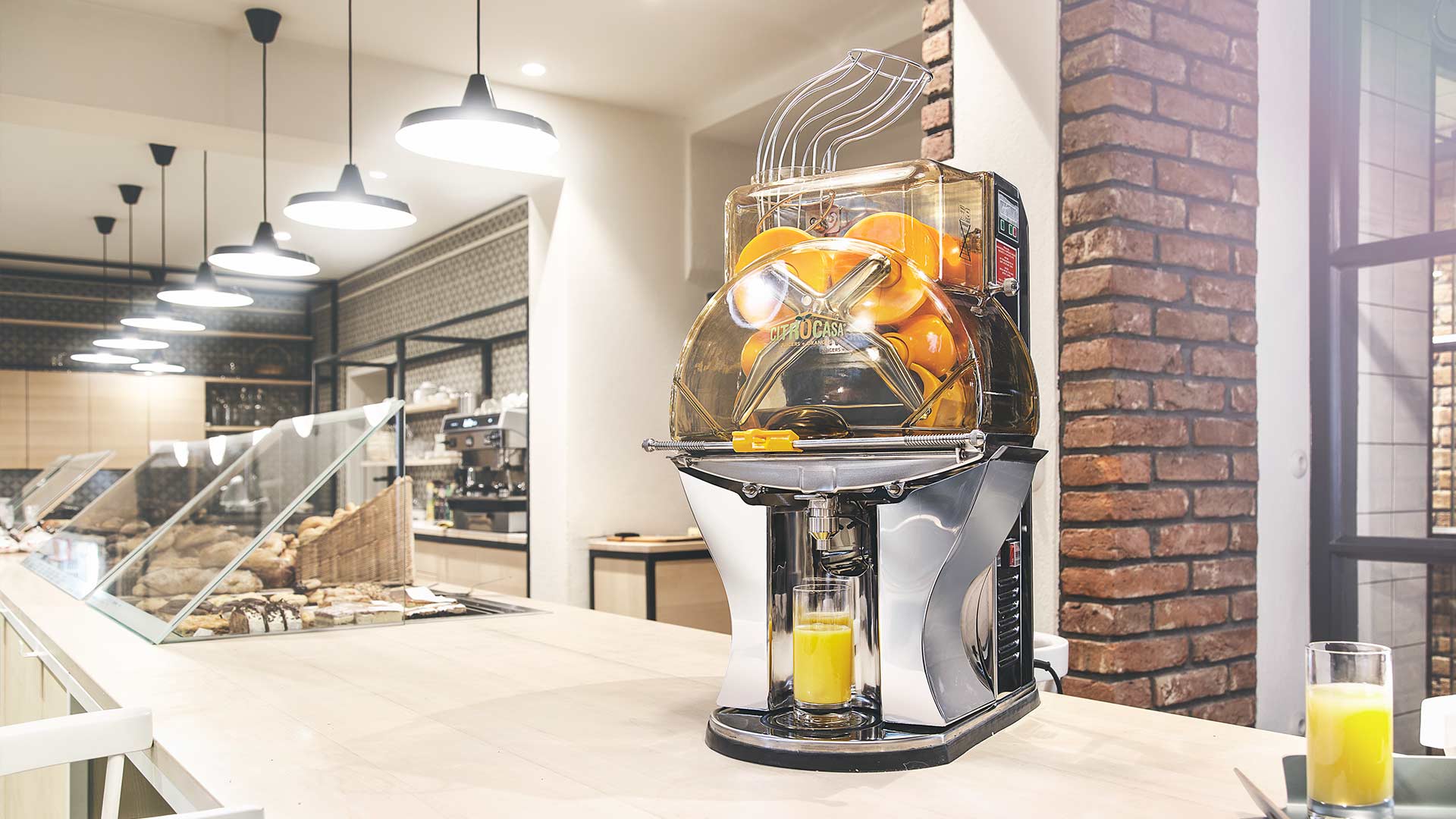In today’s competitive hospitality industry, crafting a signature cocktail can set your business apart. Whether you run a bar, restaurant, or hotel, the right drink program elevates your brand identity, delights guests, and boosts profitability. But when it comes to knowing how to create signature cocktails, many operators wonder where to begin.
This guide answers the most common questions about signature cocktails for bars, restaurants, and hotels, from choosing the right liquor and fresh ingredients to equipment, staff training, and menu promotion. We’ll also bring in some non-alcoholic (“mocktail”) concepts, which can help you differentiate your establishment from others.
Why Do Signature Cocktails Matter for Your Business?
A signature drink is more than a beverage-it’s a story in a glass. It reflects your concept, pairs with your food, and gives customers a reason to return.
Restaurants that offer distinctive cocktails often enjoy:
- Higher margins compared to beer or wine.
- Greater customer loyalty.
- Stronger brand identity (guests remember the drink as much as the meal).
Unlike a classic cocktail like the martini, a signature cocktail is unique to your brand. Whether it’s a summer wedding spritz or a cozy hotel lounge whiskey sour twist, it becomes part of your guests’ memories.
In addition to using top-shelf liquor and fresh ingredients, creatively serving signature cocktails, such as custom glassware, themed garnishes, or interactive presentations, enhances the guest experience and reinforces your brand identity.
What Makes a Cocktail Truly “Signature”?
The best operators focus on three essentials:
- Fresh seasonal fruits: lemon, lime, and grapefruit add brightness.
- Spirits and mixers: balancing vodka, gin, tequila, or whiskey with simple syrup, ginger beer, or tonic water creates approachable flavors.
- Garnish: a citrus twist, sprig of lavender, or cucumber slice elevates the experience before the first sip.
- Bitters: used to add depth and complexity to signature cocktails, bitters enhance and balance flavors in recipes like the Manhattan or Lunar Eclipse.
A well-balanced cocktail doesn’t overwhelm-it creates a consistent, memorable flavor experience that defines your brand.
Exploring Different Types of Signature Cocktails
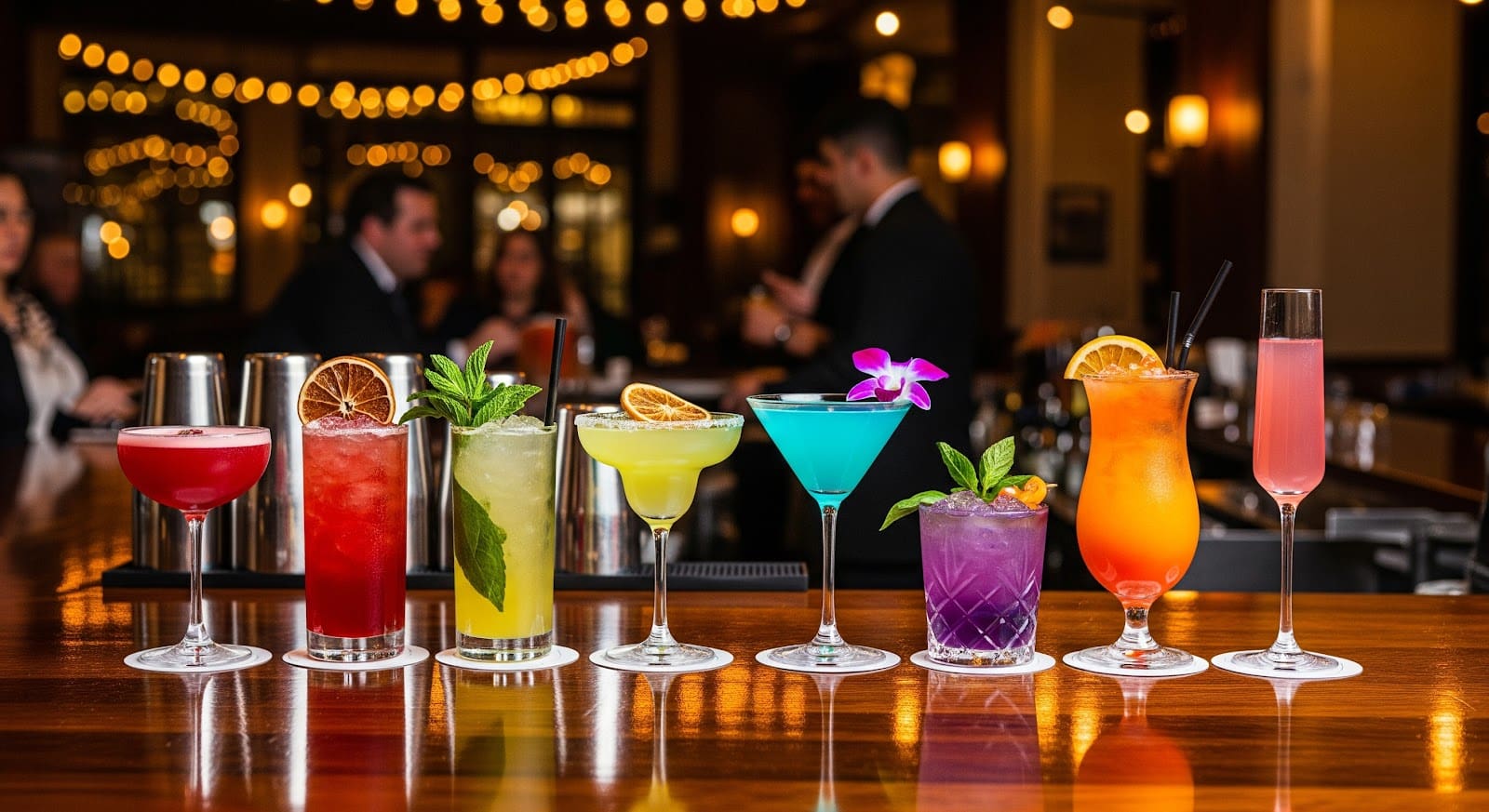
Exploring different types of signature cocktails opens up possibilities for your bar, restaurant, or wedding. Whether planning a summer wedding or a cozy winter gathering, the right signature drink can set the tone for your event. Classic cocktails like the whiskey sour or margarita are always crowd-pleasers, but don’t hesitate to get creative with your recipes. Using fresh ingredients instead of sugary mixers can immediately set your creations apart.
For a summer wedding, a refreshing Mai Tai with ginger beer and tropical flavors can be a hit, while a whiskey sour with a hint of ginger is perfect for cooler months. Think about the flavors you love-citrus, sweet, spicy, or herbal-and experiment with different spirits and mixers to craft a uniquely yours cocktail. The best signature cocktails not only stand out as something special, but reflect your personality, your brand, an event theme, and the tastes of your guests.
Drawing Inspiration from Classic Cocktails
Classic cocktails are a treasure trove of inspiration when creating your signature drink. Start with a beloved classic cocktail, like a gin and tonic, a hurricane, or a daiquiri, and add your own twist. Try swapping out tonic water for a flavored version, or add a splash of fresh lime juice for extra brightness. You can also experiment with different spirits; for example, use white rum and fresh grapefruit instead of lime juice for a new take on the daiquiri. The key is playing with flavors and ingredients to create a drink that feels familiar and exciting. By drawing on the foundation of classic cocktails and infusing them with your creativity, you’ll develop a signature drink that’s delicious, memorable, and truly unique.
How Do You Choose a Base Spirit for Signature Cocktails?
The foundation of every signature cocktail is the liquor you choose.
- Vodka and gin → clean, bright bases for refreshing drinks like a citrus spritz or brunch-ready martini.
- Whiskey and tequila → bold, complex flavors for drinks like the mMargarita or Whiskey Sour.
- White rum → tropical cocktails like the Mai Tai or Daiquiri.
- Sparkling wines → Prosecco and Champagne can become a base for more variations, such as a Mimosa, Aperol Spritz, or a French 75
Fresh lime juice with gin or vodka for a summer wedding feels light and festive. For winter menus, a rye whiskey or tequila base adds warming depth.
How Do You Use Wine in Signature Cocktails?
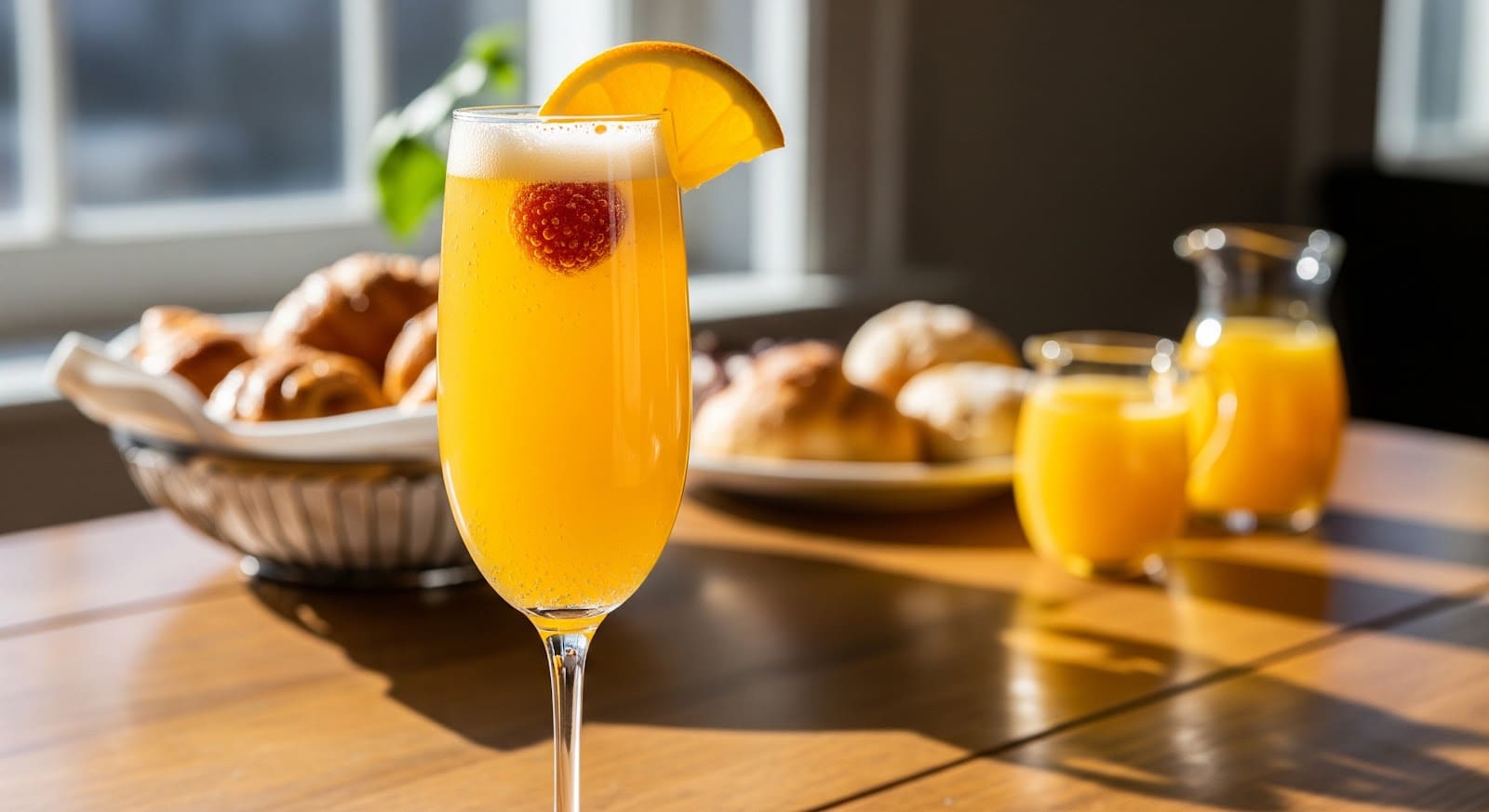
Wine adds sophistication and versatility:
- Sparkling wine, champagne, or prosecco → ideal for celebratory brunch cocktails. Mix with fresh orange juice or grapefruit juice for mimosas and spritzes.
- Rosé or white wine → blend with peach puree and citrus fruits for a punch.
- Red wine → craft sangrias or mulled cocktails that highlight seasonal fruits.
By expanding beyond spirits, you can appeal to guests who prefer lower-ABV or wine-based drinks.
What Liqueurs and Mixers Elevate a Cocktail?
Liqueurs and mixers add depth to your signature drinks. Different liquors, such as citrus-flavored spirits, can enhance the flavor profile of cocktails, making them more versatile and appealing in a variety of mixed drinks.
- Orange liqueur, triple sec, elderflower liqueur → complexity and aromatic layers.
- Ginger beer, tonic water, seltzer water → refreshing fizz.
- Simple syrup or cream → balance sweetness and texture.
For example:
- To create a balanced flavor, a mai tai is mixed with white rum, orange liqueur, and fresh lime juice.
- A floral signature cocktail might be mixed by pairing elderflower liqueur with ginger beer and citrus.
Why Is Fresh Juice Essential for Cocktails?
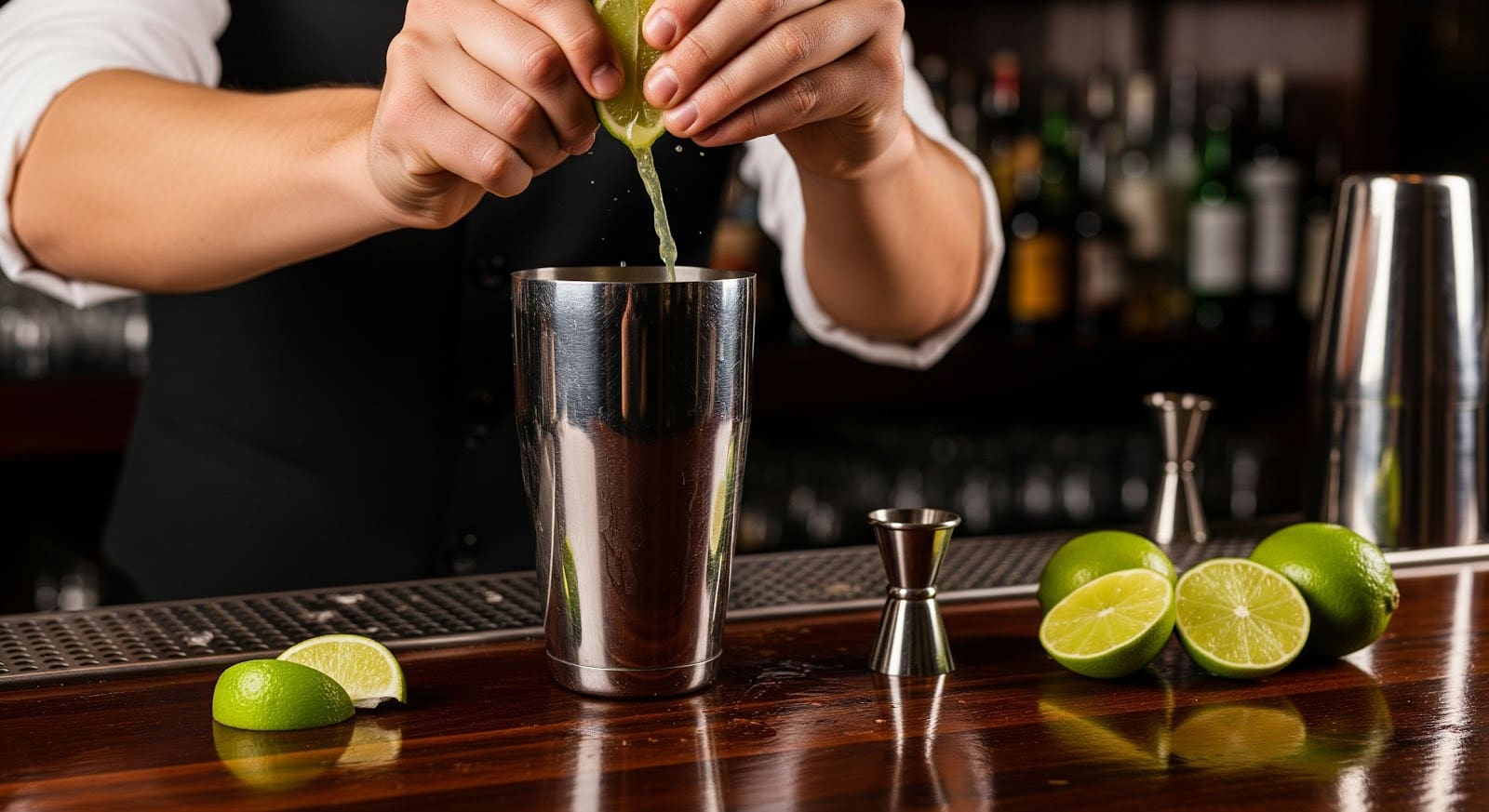
One of the most frequent questions operators ask is: Why should I use fresh juice in cocktails instead of bottled?
Here’s why:
- Fresh lime juice, lemon juice, or orange juice delivers bright, natural flavors.
- Citrus fruits add acidity and balance without relying on added sugar.
- Drinks like the margarita, whiskey sour, or lemonade punch taste more refreshing when freshly squeezed.
With a juicer for bar use, operators can produce juice-forward cocktail recipes in seconds. While some bars experiment with cold-press juicers from Breville or Williams Sonoma, high-volume venues often prefer electric citrus juicers that deliver speed, consistency, and more juice per fruit.
When selecting commercial juicing equipment for a cocktail program, be sure to consider the fruit you’ll be juicing and make sure the equipment you invest in can handle the fruit efficiently, reliably, and safely.
What about Non-alcoholic beverages aka “mocktails”?
Your bar or restaurant can also prepare highly attractive non-alcoholic specialty drinks for guests who do not consume alcohol. Whether not drinking as a lifestyle choice, due to health reasons, or being the “designated driver,” people still deserve a chance to get a Signature Cocktail, albeit without the booze. Specialty fresh lemonade, fresh orange juice, or other mixes and creations served in a nice glass with a garnish can and should be a special experience.
For example, a fresh-squeezed lemonade creation with a splash of grenadine, fresh pomegranate juice, or freshly squeezed blood orange juice can create a fantastic-looking drink with fresh new flavors.
Should You Serve Cocktails in Big Batches or Individually?
The answer depends on the event: Signature cocktails can be served in elegant glassware or unique vessels, and the setting, such as a formal banquet or a casual garden party, can enhance their appeal.
- Big-batch cocktails → ideal for a summer wedding or banquet. Think cucumber-mint punch with lime juice.
- Single-serve cocktails → perfect for elevated restaurant service, like a classic gin martini with a twist of lemon.
Operators can even combine both approaches- they can bag a margarita base in advance, then add garnish and ice per glass for speed and style.
Some signature cocktails are especially suited for sipping slowly at outdoor or relaxed gatherings.
Seasonal Signature Drinks
Seasonal signature drinks are a fantastic way to showcase the freshest flavors of the moment. For a summer wedding or outdoor party, use citrus fruits like lemons, limes, and oranges to create a bright, refreshing cocktail that keeps guests cool. In the fall, apple cider or pumpkin puree can add warmth and spice to your signature drinks. Pomegranate is also an autumn fruit, which can contribute to some incredible signature seasonal cocktails. Winter menus shine with sweet and tangy options like cranberry juice or elderflower liqueur, while spring is perfect for cocktails featuring fresh berries or mint. By tailoring your signature drink to the season, you’ll not only delight your guests with delicious, timely flavors, but also make the most of fresh, high-quality ingredients.
How Do You Balance Creativity with Profitability?
A common question for operators is: How can I be creative without hurting margins?
Best practices include:
- Using seasonal citrus for lower costs.
- Prepping simple syrup or punch mixes in bulk.
- Pairing premium spirits with house-made mixers.
And remember: the right juicer or equipment ensures high-volume service while minimizing waste and supporting labor efficiency.
Signature Drink Innovation
Innovation is at the heart of crafting a memorable signature drink. Don’t be afraid to experiment with unexpected ingredients like carrots, beets, or fresh ginger to create a cocktail that stands out. Try mixing in sparkling wine for a bubbly twist, or explore new spirits and liqueurs to add depth and complexity. The secret to a well- balanced cocktail is finding the right harmony between sweet, sour, and bitter-so play with citrus juice, a touch of sugar, or even a hint of spice to perfect your recipe. Creating signature drinks should be fun, so let your imagination run wild and don’t hesitate to try new combinations until you find a flavor profile that’s both unique and crowd-pleasing.
How Do You Train Staff on Signature Recipes?
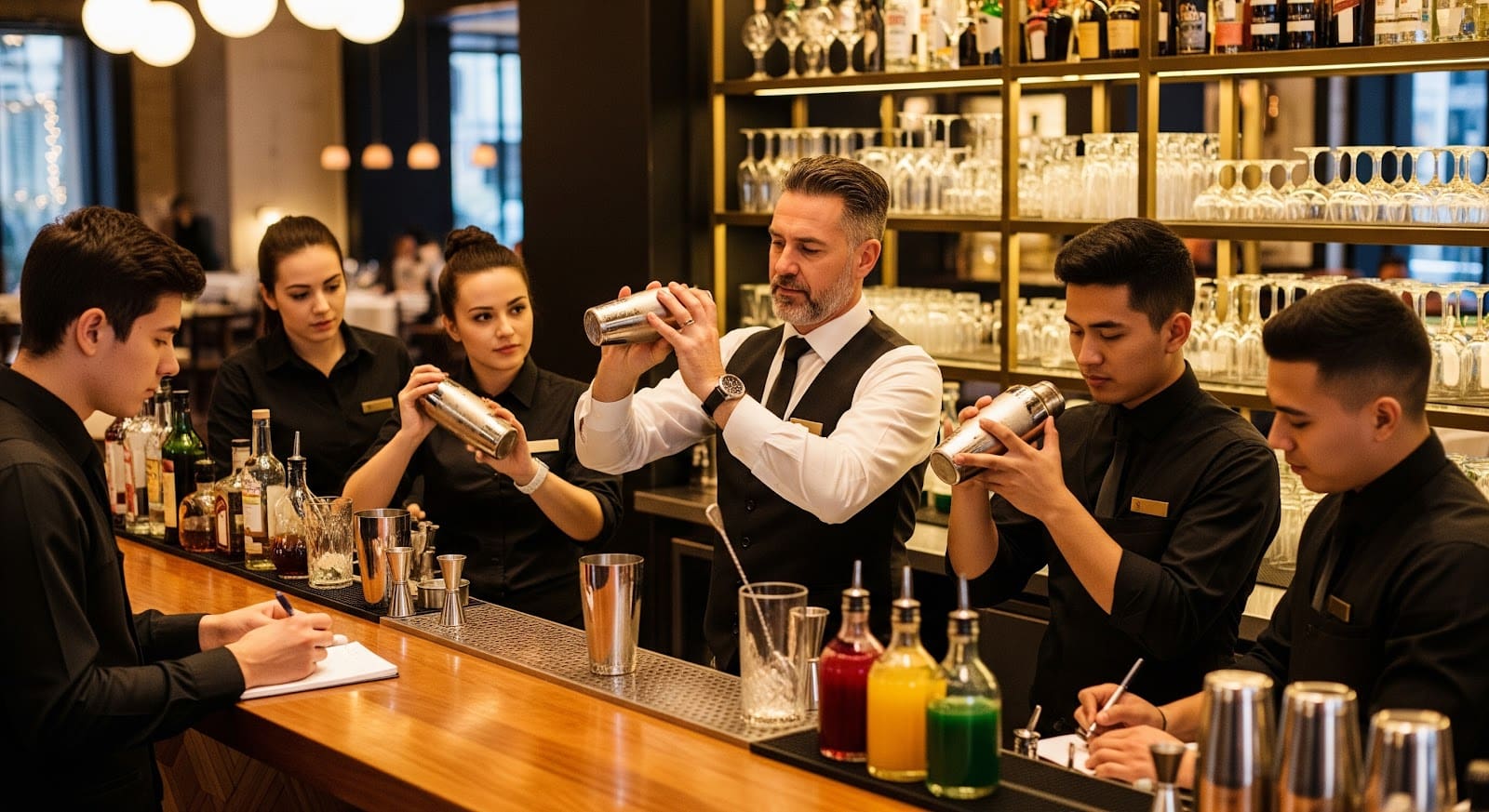
Training ensures consistency across shifts and venues:
- Teach staff how to balance flavors with lemon juice, simple syrup, or ginger.
- Standardize recipes for every signature cocktail.
- Emphasize proper garnish and how to serve with professionalism.
- Make sure staff is properly trained on using required specialty equipment such as smokers, dehydrators, or commercial juicing equipment.
- Train staff on how to describe the drink and explain to your clientele what makes it so special.
When executed well, your guests get the same refreshing, memorable experience-whether it’s Tuesday happy hour or a Saturday wedding party.
How Can You Promote a Signature Cocktail Menu?
Signature menus don’t sell themselves-promotion matters. Ideas include:
- Launch events or tasting flights.
- Social media campaigns that highlight on-brand beverage development.
- Highlighting seasonal cocktail menu ideas (think citrus spritzes in summer, whiskey-based warmers in winter).
Signature Drink Pairing
Pairing your signature cocktail with the right food or dessert can elevate the entire guest experience. Consider the flavors in your signature drink-whether it’s a sweet and tangy margarita or a refreshing gin cocktail-and look for dishes that complement or contrast those notes. A citrusy, refreshing signature cocktail pairs beautifully with light appetizers or seafood, while a richer, sweeter drink might be the perfect match for spicy dishes or decadent desserts. Presentation matters too: serve your cocktail in a beautiful glass with a fresh garnish for bonus points and a memorable impression. For weddings, try creating a signature drink that echoes the flavors of your cake or dessert for a truly cohesive celebration. With thoughtful pairing and a touch of creativity, your signature cocktail will be a highlight your guests won’t forget.
Final Sip: The Best Way to Develop a Menu for Signature Cocktails
At the end of the day, knowing how to make signature drinks for a bar or restaurant isn’t about reinventing the wheel. It’s about combining fresh ingredients for cocktails, thoughtful cocktail flavor balancing, and the right tools and equipment to deliver consistent, profitable results.
With the right strategy, your signature cocktails will delight guests, boost revenue, and build your brand identity.







